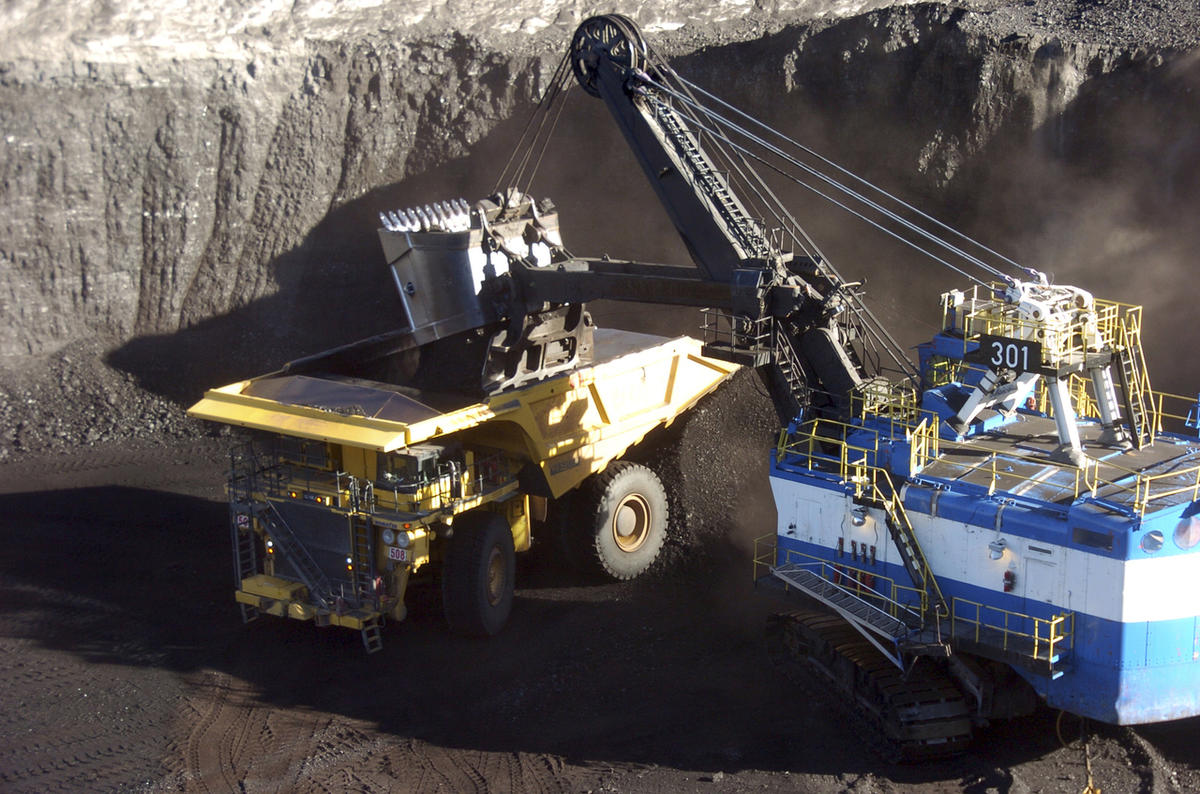Source: Deseret News
“As soon as President Trump killed the Clean Power Plan back in March, he also functionally killed the Paris Accord. Both actions, contrary to the lamentations of our liberal elite, are fantastic news for the American people,” Sen. Mike Lee wrote in an op-ed in the Deseret News titled, “Trump’s decision to kill the Clean Power Plan put Provo before Paris” (June 6). However, pulling out of the Paris Agreement is not a good thing for Provo or for the American people. When thinking about the citizens of Provo, we should think more long-term about what will prolong the life of our planet — the planet on which the people of Provo happen to live.
If Utah’s dependence on coal is perpetuated, the people of Provo will continue to live as the air quality increasingly worsens. Sen. Lee claims Obama’s Clean Power Plan would shut down coal plants and make electricity more expensive for Americans. However, the diminishing coal industry has less to do with climate change policy and more to do with the emerging natural gas industry. Utah’s largest coal plant is set to close by 2025 and the Intermountain Power Plant near Delta, Utah, is going to be converted to a natural gas plant as early as 2019.
Natural gas has become more stable, consistent and cheap in the past decade. The market share of natural gas power grew more than 20 percent in the last 10 years to reach 33.8 percent, surpassing the market share of coal power at 30.4 percent. Natural gas shares are expected to continue to rise. The voices of the liberal elite are not shutting down coal plants; the marketplace is simply recognizing the economic benefits of natural gas.
Sen. Lee also states coal provides 75 percent of Utah’s energy, and that if the Clean Power Plan had passed, “consumers would have been forced to pay more to heat and cool their homes.” Yet, this is no longer true. Utah’s coal plants are beginning to transition to the more abundant, and cheaper, natural gas. In addition, Utah is a prime state for solar power. Even after Rocky Mountain upped the monthly price for solar power customers, they still predicted solar customers would pay $75 a month while non-solar customers are predicted to pay $114 a month. Utahns should begin to consider the long-term benefits of alternative energy. Climate change politics aside, it is the best economic option.
Finally, Sen. Lee voiced, “The American people care — deeply — about our environment, and they are perfectly capable of protecting it, both privately and when necessary through government policy.” Americans do care about the planet; turns out so do the other 190 nations who have signed on to the Paris Accord.
One American who has demonstrated such attention to the environment is the mayor of Provo, John Curtis. Curtis recently released the Provo Clean Air Toolkit to educate the people of Provo about different steps they can take to improve air quality. Such as, driving less, buying a cleaner car and to make homes lower-emission. Mayor Curtis was also awarded UCAIR (Utah Clean Air) Person of the Year award for his commitment to clean air.
Provo is part of this greater international community. In the near future, following the market transition away from coal and toward natural gas and solar-generated power, alternative energy will prove to be cheaper and less polluting to the residents of Provo. Contrary to Sen. Lee’s claim, the Paris Agreement did, in fact, put the residents of Provo first.
Lauren Rasich is an intern for Alliance for a Better Utah.
Read OpEd here.

